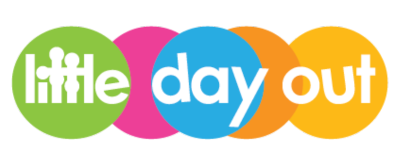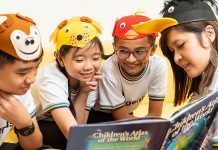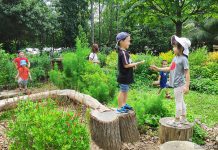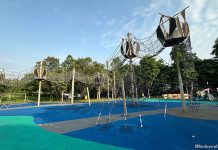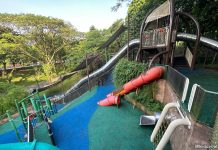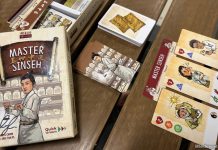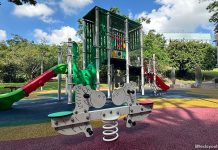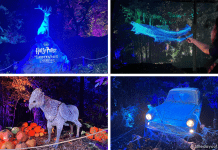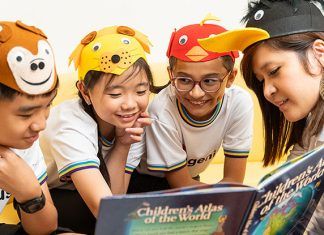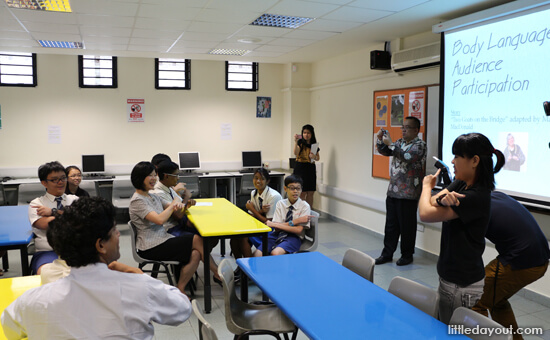
To cultivate the love for reading in primary and secondary school students, the National Library Board (NLB) embarked on a new programme – Read@School – earlier this year.
Under the programme, NLB offers a menu of workshops, activities and talks that Ministry of Education schools can choose from. NLB librarians then work with the schools to present the Read@School programmes to students.
In 2013, a total of 154 schools, including 101 primary schools and 53 secondary schools, took part in the programme. For 2014, the number of schools that have signed up increased to 204 schools, comprising 145 primary schools and 95 secondary schools.
Promoting a Reading Culture
The Read@School programme encourages a reading culture within the schools. Explaining further, Raneetha Rajaratnam, Assistant Director from Library Service Development, NLB, said this includes having the entire school reading and talking about books, and even students promoting books to one another.
To achieve this objective, the Read@School programme allows participating schools to choose from storytelling sessions, assembly presentations, learning journeys, contests and workshops which can be run throughout the year.
One popular activity is Read, Reap, Write, a workshop that introduces children from Primary Two to Six to extracts of books and allows them to participate in activities related to these books. There is also a Librarian’s Challenge Learning Journey that involves a visit to the public library for a fun scavenger hunt. Students can also be appointed as School Reading Ambassadors to promote reading among their peers.
On the cards is also a new online reading portal for schools, discoverReads, which is being developed with the Infocomm Development Authority of Singapore (IDA). Within the portal, students will be able interact with their peers on book-related topics, discover new titles, submit book reviews, make book recommendations and even create alternative story endings. The portal is expected to be available in November 2013 to both primary and secondary schools.
Schools participating in Read@School can also choose to engage the NLB to hold workshops for parents and teachers. These workshops cover topics such as storytelling, cultivating the reading habit and different children literature genres.
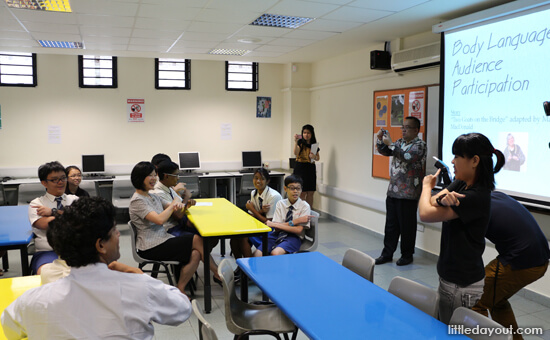
Sim Ann, Minister of State, Ministry of Communications and Information & Ministry of Education, participating in a Read@Schoolworkshop with students from Regent Secondary School.
More Schools Taking Part in Read@School
Primary schools that participated in Read@School in 2013 include Woodlands Primary, Yumin Primary, Huamin Primary and Kranji Primary Schools. In 2014, new schools that will be joining the programme include St. Joseph’s Institution Junior, Montfort Junior, Cedar Primary and Rosyth School.
The NLB is targeting for 330 schools to take part in the Read@School programme by 2015.

